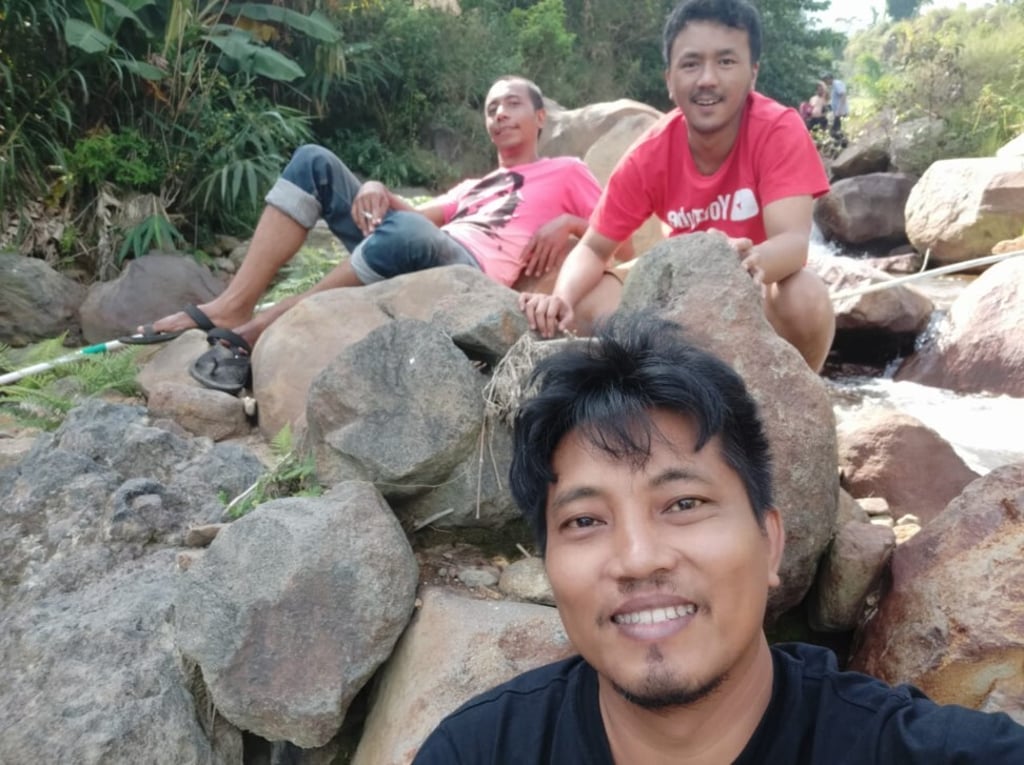Young Asian entrepreneurs embrace green-collar lives as technology makes farming ‘sexy’
- Educated farmers are taking to the fields in countries like Vietnam and Indonesia, spurred on by new technologies and progressive ideals
- The back-to-the-land movement comes at a time of shifting attitudes about working in rural areas, with some younger people seeing it as a better option than city life

For Tran Thi Khanh Trang, who holds an MBA degree from Colorado State University in the US, going into farming was not exactly a trendy career option in an agrarian country where parents typically expect their university-educated children to score urban jobs. For Andreas Ismar, a 38-year-old Indonesian financial journalist, quitting the city for country life was just the ticket he needed to realise his dreams.
Trang, 34, the founder of FarGreen, an organic farming start-up, was the first in her family to have received a higher education, let alone gone overseas to study. Hailing from the small northern Vietnamese town of Ha Nam, she said her awareness for the surrounding environment and for limiting waste came about as a result of many childhood influences, including living next to a polluted river and witnessing her parents’ deliberate avoidance of leftovers.
Andreas, meanwhile, is collaborating with more than 600 local farmers around his own farm in Sirnajaya village, in West Java province for his start-up project, Horekultura – wordplay on “hooray” and “agriculture” – which he said is aimed to “drum up interests for a sector avoided and deemed unsexy by youths”.

